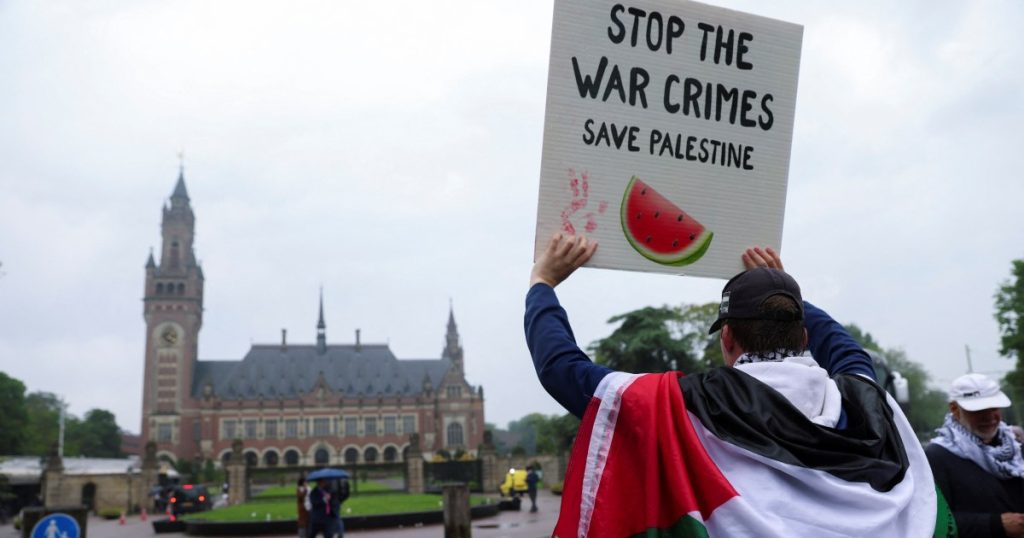In Johannesburg, South African legal researchers have been working to finalize evidence proving Israel’s intent to commit genocide in Gaza, while in Israel, leaders held a conference calling for the depopulation of Gaza. South Africa has until Monday to submit evidence to the International Court of Justice (ICJ) to prove that Israel’s military actions in Gaza amount to genocide. Despite new evidence emerging daily, South African officials have instructed the legal team to stick to the evidence already collected to meet the approaching deadline.
Legal experts describe proving genocidal intent as “nearly unprovable”, as South Africa must show a link between genocidal statements made by Israeli officials and the destruction in Gaza. The legal team must prove dolus specialis – the specific intent to destroy a group – to succeed in their case. South Africa asserts that Israel’s intent goes beyond military objectives, aiming at the wholesale depopulation of Gaza through violence and forced displacement. The evidence collected focuses on Israeli officials’ rhetoric and military actions in Gaza to show a pattern of mass casualties.
South Africa’s legal submission accuses Israel of committing genocide in Gaza, citing examples of Israeli politicians and officials making statements about “wiping out Gaza” and “forcing Palestinians out”. The evidence also includes comments by Israeli Defence Minister Yoav Gallant referencing plans for Gaza and possible actions against Lebanon. South Africa interprets these statements as clear evidence of genocidal intent on the part of Israel. South Africa’s legal team has assembled an elite team of legal minds, working tirelessly to draft the 500-page submission.
The case has become a landmark in international law as allegations of genocide are presented to an international tribunal in real-time as the atrocities continue to unfold. South African President Cyril Ramaphosa expressed confidence in the submission, stating that the case is strong and hopeful about its outcome. If accepted, the case could set a new standard in how international law addresses state-sanctioned violence. The potential verdict could have far-reaching implications, potentially leading to an arms embargo against Israel and pressuring other countries to reconsider their relationship with it.
The case is part of a larger process of prevention of genocide and serves as a deterrent, according to experts. While a guilty verdict may not stop Israel’s actions, it could lead to legal consequences that prevent third-party states from providing arms to Israel. South Africa remains unwavering in its support for the establishment of a Palestinian state and believes that the world cannot stand by and watch innocent people being slaughtered. The legal process may extend for years, with oral hearings at the ICJ anticipated in 2026. If successful, this case could mark a historic first in prosecuting a state for genocide under the Genocide Convention of 1948.













